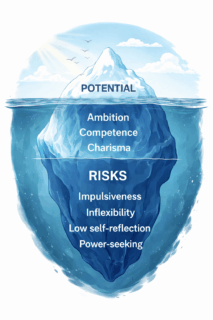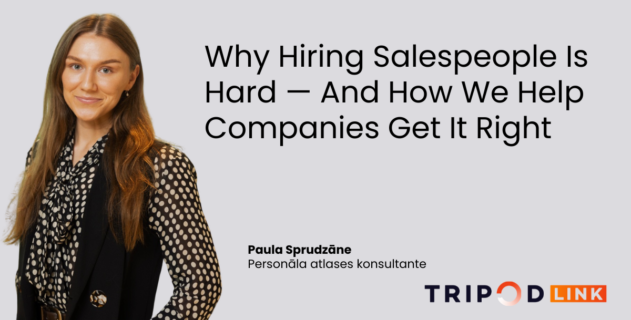
Two years ago, adding “proficient in ChatGPT” to your CV made you look innovative. Today, it’s the new “Microsoft Word.” Everyone’s using AI — what matters now is how you’re using it.
In 2025, the conversation has shifted from AI adoption to AI adaptation. This isn’t about learning the tools — it’s about changing how you think, work, and make decisions in partnership with them.
A 2024 study by the World Economic Forum confirmed that “AI literacy” is among the fastest-growing skill demands — but what employers are actually seeking goes beyond technical know-how. They want candidates who:
- Understand what AI is good at — and what it’s not
- Know how to validate, improve, or challenge AI-generated results
- Use AI to streamline tasks without losing human judgment
- Adapt their workflows based on what AI makes possible
Why This Matters to Employers
Across industries, hiring managers are no longer impressed by surface-level usage. It’s not enough to say “I used AI to draft this” — they want to hear what you changed, caught, or improved after the draft.
In fields like marketing, operations, customer service, and even healthcare, the candidates standing out are those who say things like:
“I used AI to analyze patterns in customer queries — but I noticed it missed the emotional nuance, so I redesigned our chatbot prompts to sound more human.”
Or:
“I tested multiple AI-generated reports and compared them against our internal data — then trained my team to spot when the AI misses something critical.”
These are adaptation stories — and they’re the new currency in recruitment.
How to Show AI Adaptation on Your CV
If you’re wondering how to communicate this skill to potential employers, focus less on tool names and more on outcomes. Use phrases like:
- “Enhanced customer insight by integrating AI-generated reports with market research”
- “Adapted team processes to incorporate AI tools while maintaining compliance standards”
- “Reviewed and refined AI-generated content for accuracy and brand tone”
And most importantly: tell the story. What was the result? What did you do differently because AI was part of the picture?
A Final Thought
AI isn’t replacing your job — but in 2025, someone who adapts to AI better than you might.
So don’t just be the person who uses the tool. Be the person who thinks differently because of it.







